

Real Estate in Action: Collective Commitment needed to fulfill the promise of SDGs ahead of Agenda 2030
On 13 July, FIABCI and Global Partner UN-Habitat jointly organised Real Estate in Action, a high-level session aimed at facilitating the exchange of ideas between real estate and business partners and, in doing so, helping make a case for further strengthening Sustainable Development Goal 11: Sustainable Cities and Communities.
Held on the margins of the United Nations High-Level Political Forum on Sustainable Development, the event comprised two parts. The first part centred around presenting concepts aimed at achieving SDG11 through sustainable neighbourhood design and enhancing the quality of life. In contrast, the second part showcased solutions that are either already being implemented or are currently in progress.
The speaker lineup of Real Estate in Action included, among others, Nikki Greenberg, Founder & CIO of Real Estate of the Future, Lance Jay Brown, President of Consortium for Sustainable Urbanization and Fellow of the American Institute of Architects (FAIA), Geeta Mehta, Adjunct Professor of Architecture and Planning at Columbia Climate School, Julian Agyeman, Professor of Environmental Policy and Planning at Tufts University, Geoff Hurst, VP Sustainability Related Companies at L.P. New York, and Rebecca Fischman, Senior Resilience Planner at ARCADIS.
Susan Greenfield, FIABCI World President 2022-2023, Christine Auclair, Coordinator World Urban Campaign at UN-Habitat, Neil Khor, Chief of Staff at UN-Habitat, and Roger Jann, Managing Partner at Einbrucke LLC, moderated the different discussions.
The event, which was promoted under UN-Habitat's World Urban Campaign platform, also marked the launch of the Global Charter for Real Estate Professionals - Building Better Lives -, a collaborative effort between FIABCI and partners UN-Habitat, the 2000-Watt Smart Cities Association, and the Chaire ETI - IAE Paris Sorbonne School. The primary objective of this initiative is to raise awareness among real estate professionals about sustainable responsible real estate practices, as outlined by the Core Values and Fundamental Principles detailed in the charter.
Real Estate in Action started with the opening remarks of FIABCI World President Budiarsa Sastrawinata and a statement by Michal Mlynár, Deputy Executive Director of UN-Habitat.
Mr Sastrawinata welcomed the audience by sharing important food for thought: "As we look into the future, we confront the undeniable fact that by 2050, 70% of the world's population will reside in urban areas. And since cities only account for 3% of the Earth’s land, we’re talking 60–80% of energy consumption and 75% of carbon emissions."
"With an anticipated extraordinary population growth and the looming threat of climate change, there is an urgent need to construct better, more sustainable cities that can accommodate all citizens," the FIABCI World President continued.
In his statement, Michal Mlynár highlighted the crucial role of the real estate industry in mitigating the adverse effects of climate change: "As real estate and urban practitioners, you are at the frontline of climate action and well positioned to generate impacts. You know that by promoting compact, connected, integrated and circular urban development you will dramatically contribute to reducing global emissions and energy use. You also know the importance of integrated communities around quality space and architecture to increase the relevance of your practices."
"We know that without you, it won’t happen in cities. Because we know that you have the power to catalyze the potential of cities for positive change and innovation," Mr Mlynár added.
The discussions and presentations that followed the opening session proved to be very insightful and corroborated these initial statements, stressing the importance of designing sustainable, diverse neighbourhoods with an improved quality of life in mind, thus contributing to better urban environments and achieving the Sustainable Development Goals in the process.
Among the many crucial points raised during the high-level event concern the significant risk posed by climate change to the value of residential real estate assets in the U.S., in addition to the New York City's Climate Mobilization Act, and the importance of ensuring effective resilience to safeguard cities from climate-related disasters.
As we approach Agenda 2030, the clock is ticking with only seven years remaining to achieve the United Nations' Sustainable Development Goals. However, as Neil Khor noted in his closing remarks, we have made significant progress on merely 15% of the SDGs' indicators. This reality should serve as a wake-up call for the global community, urging us to redouble our efforts and take bold actions to accelerate progress across all areas.




























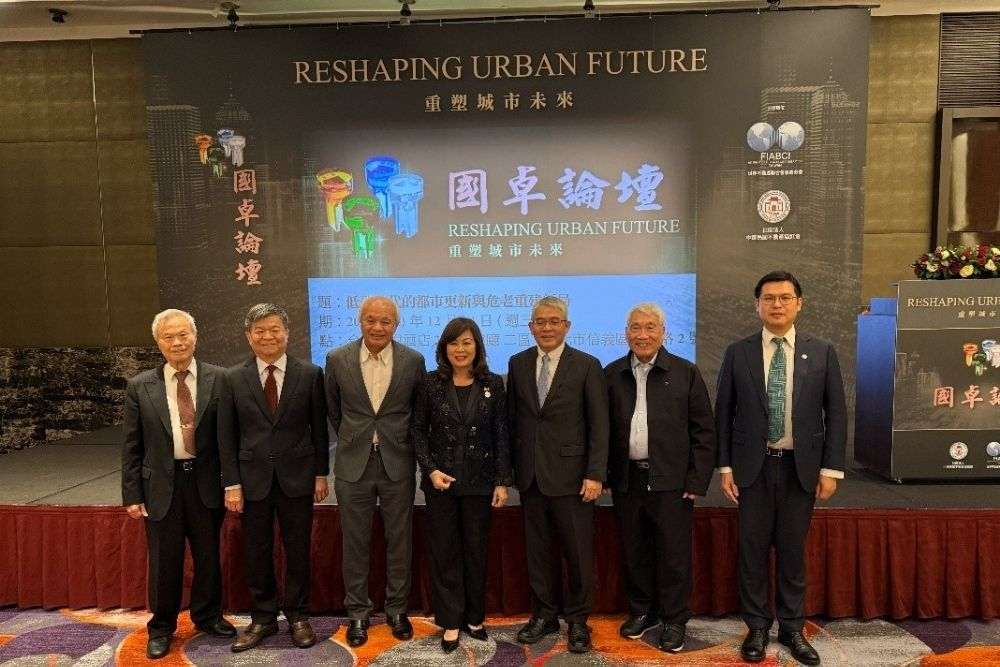
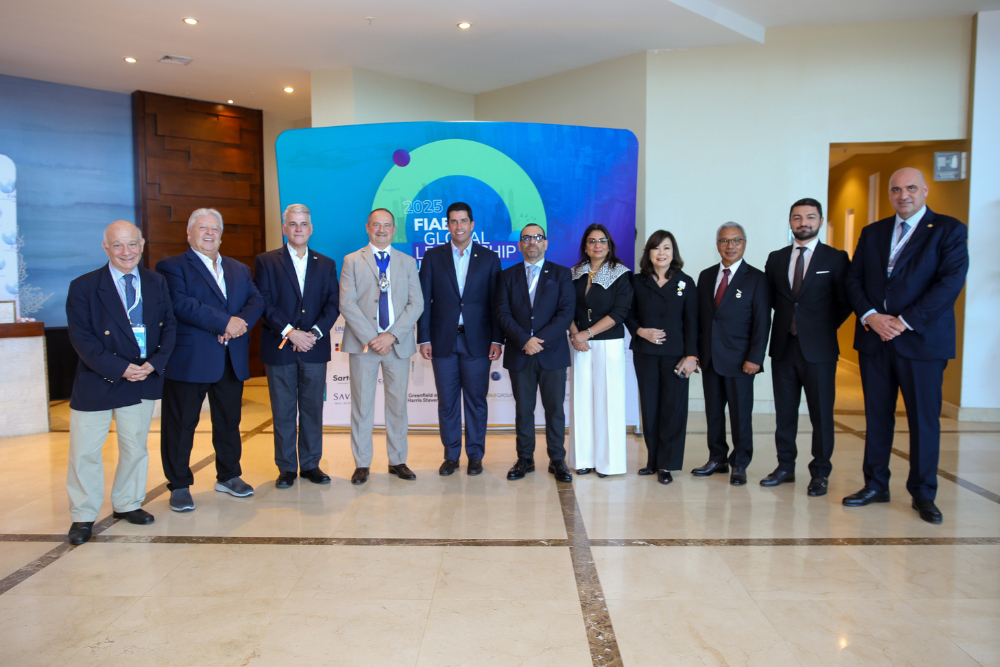
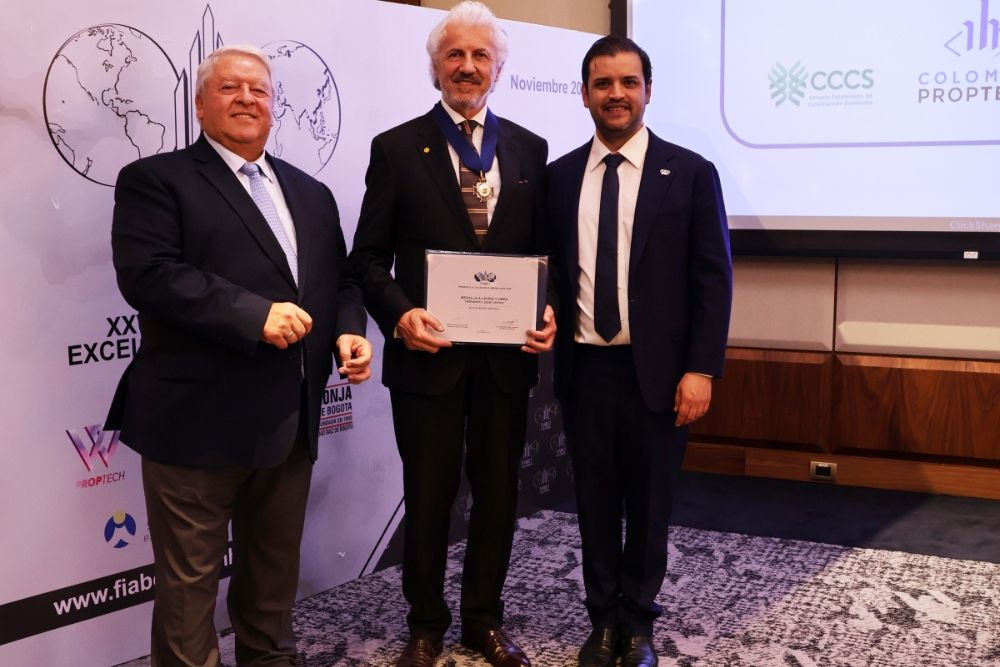
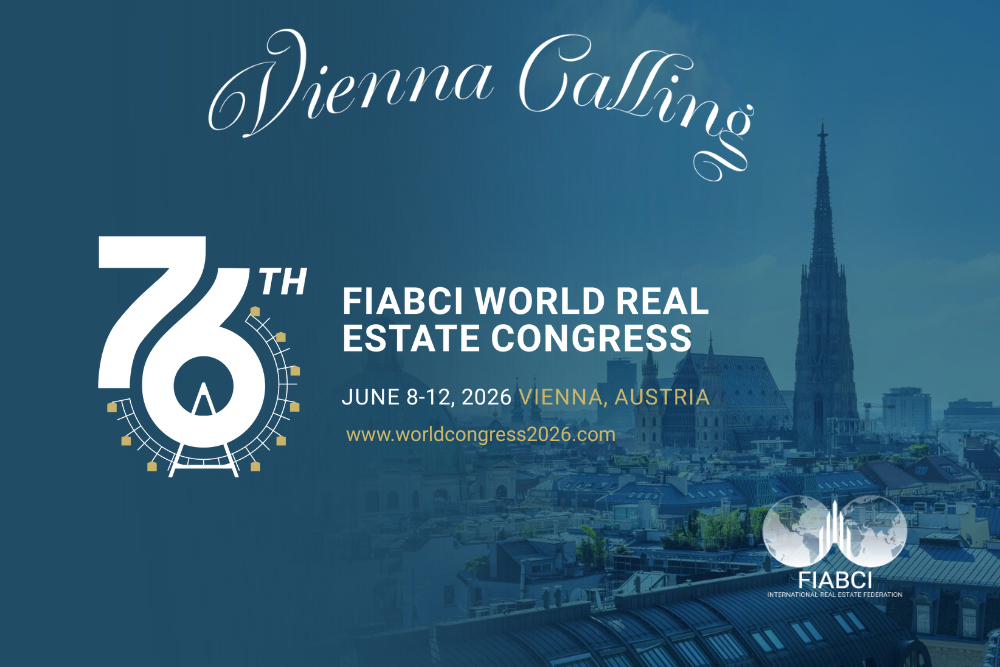
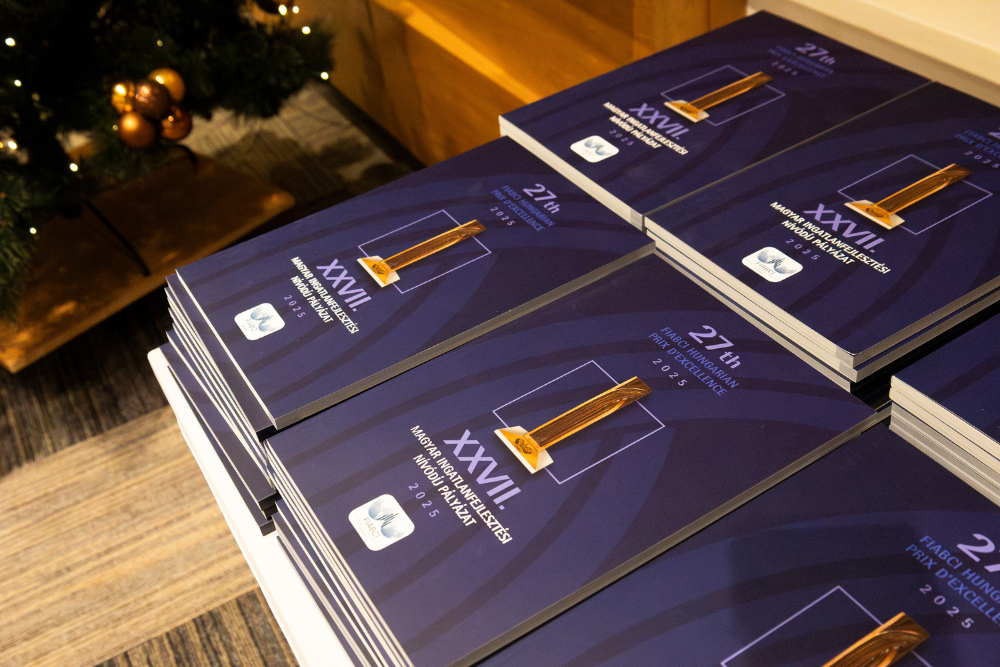
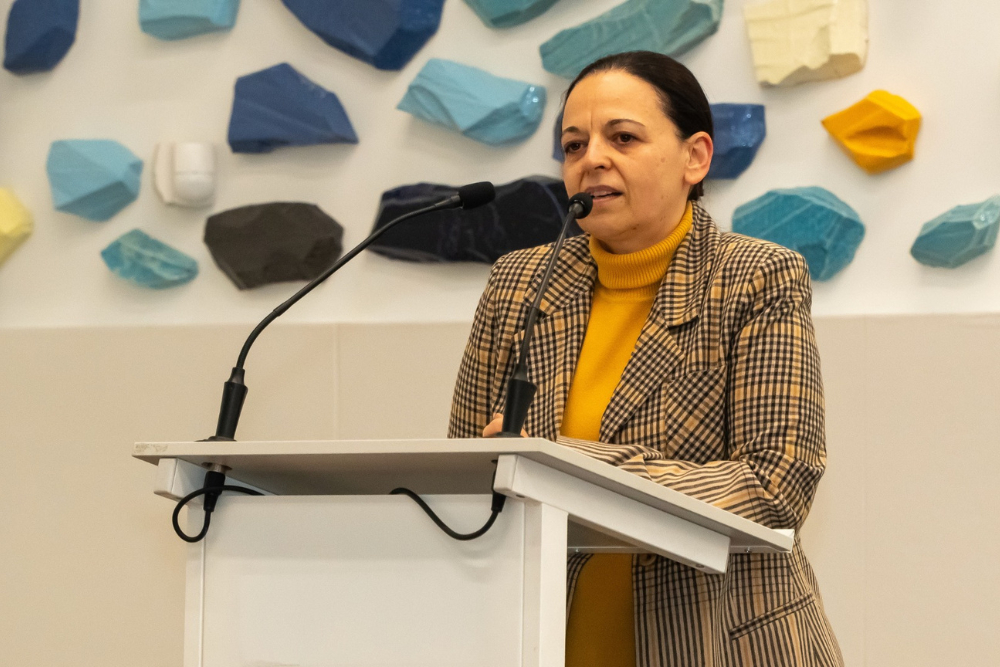
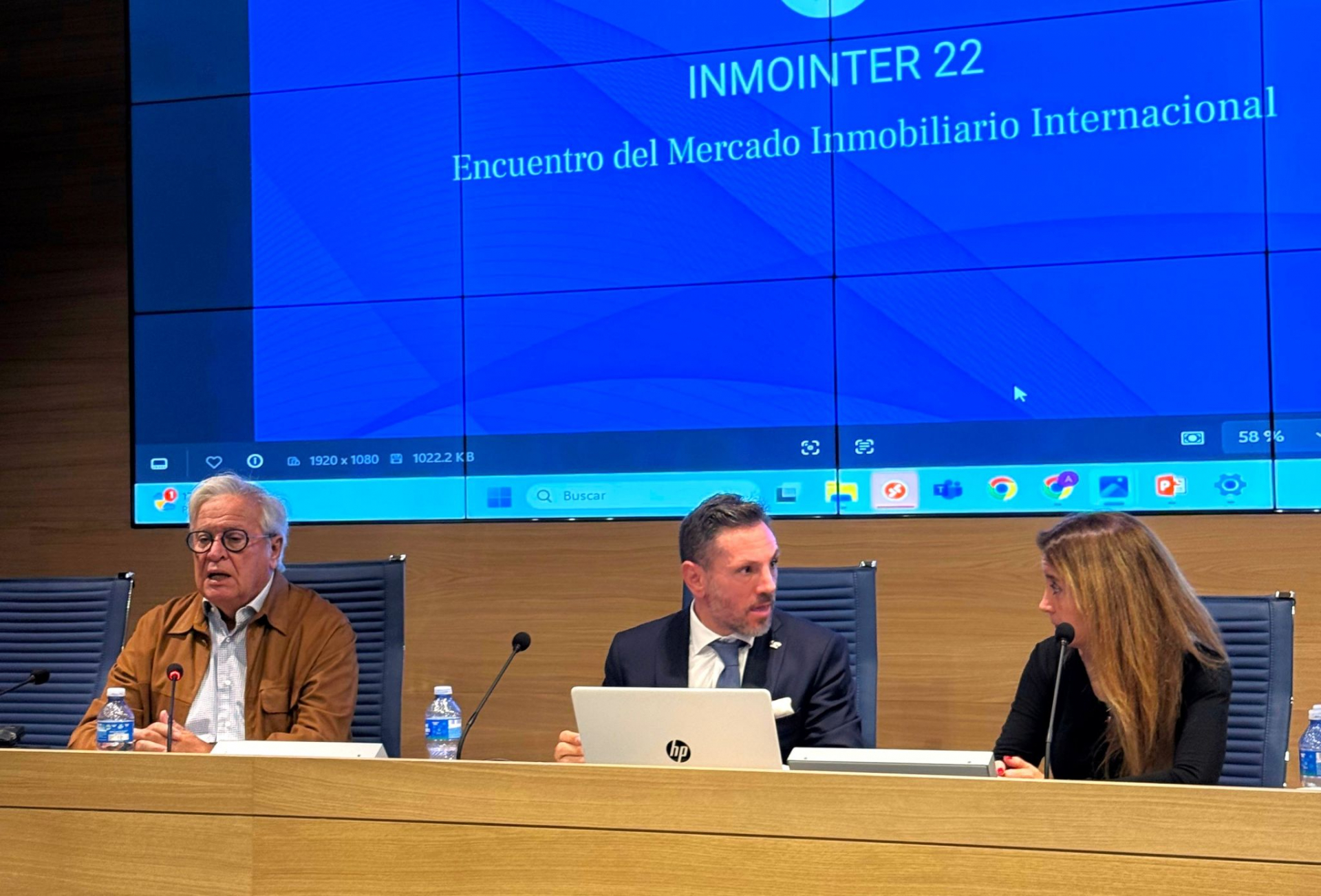

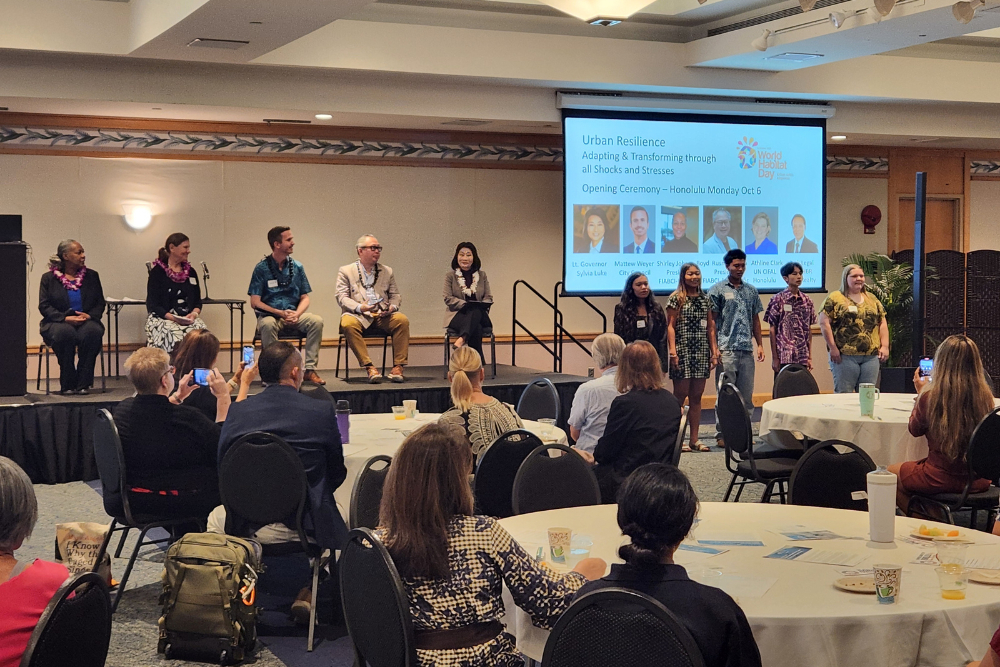
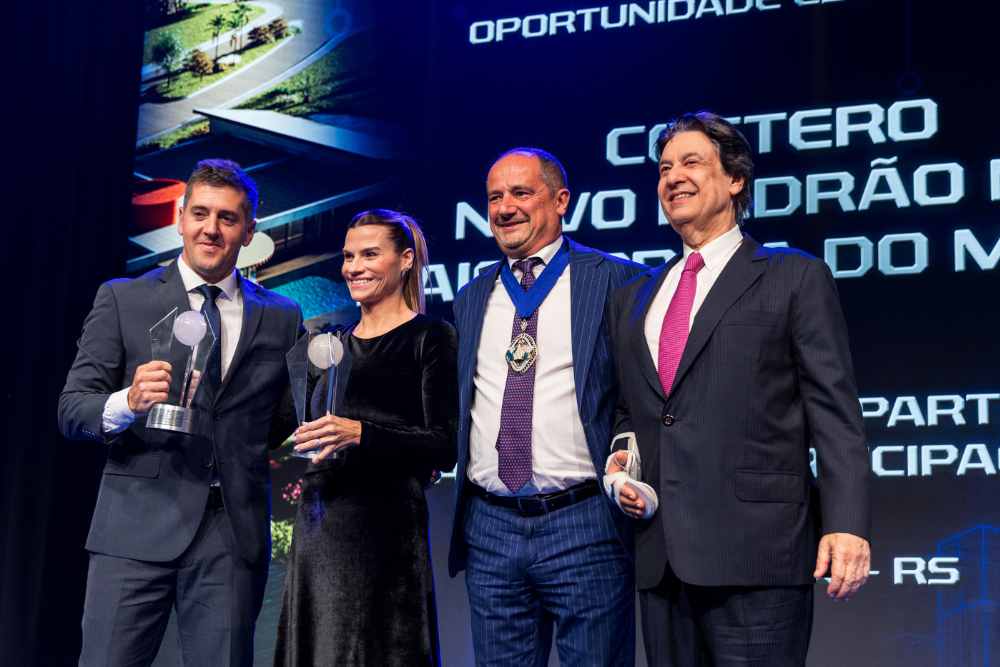

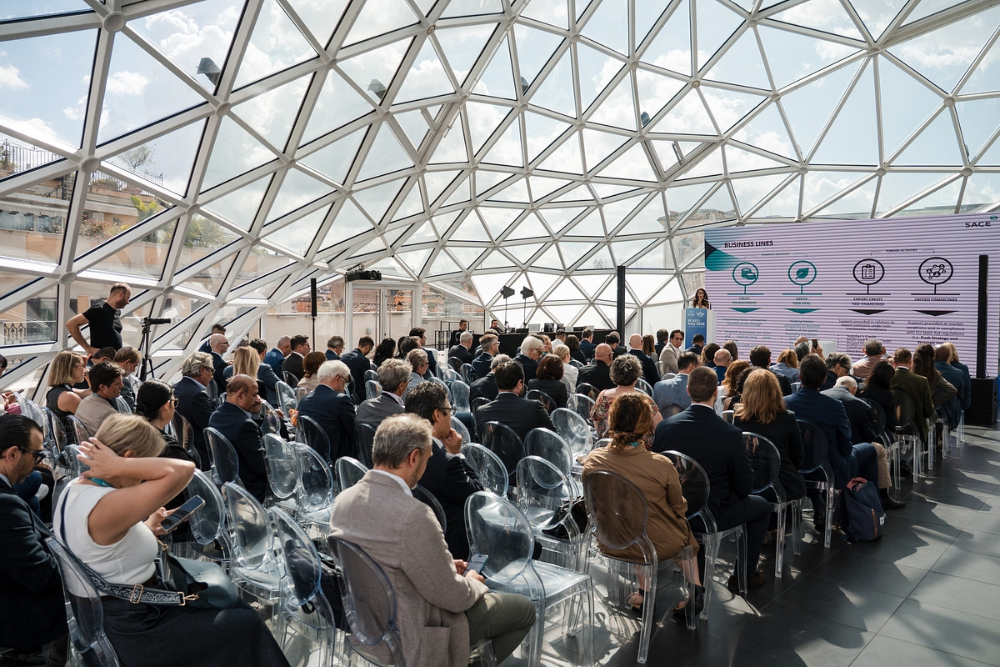
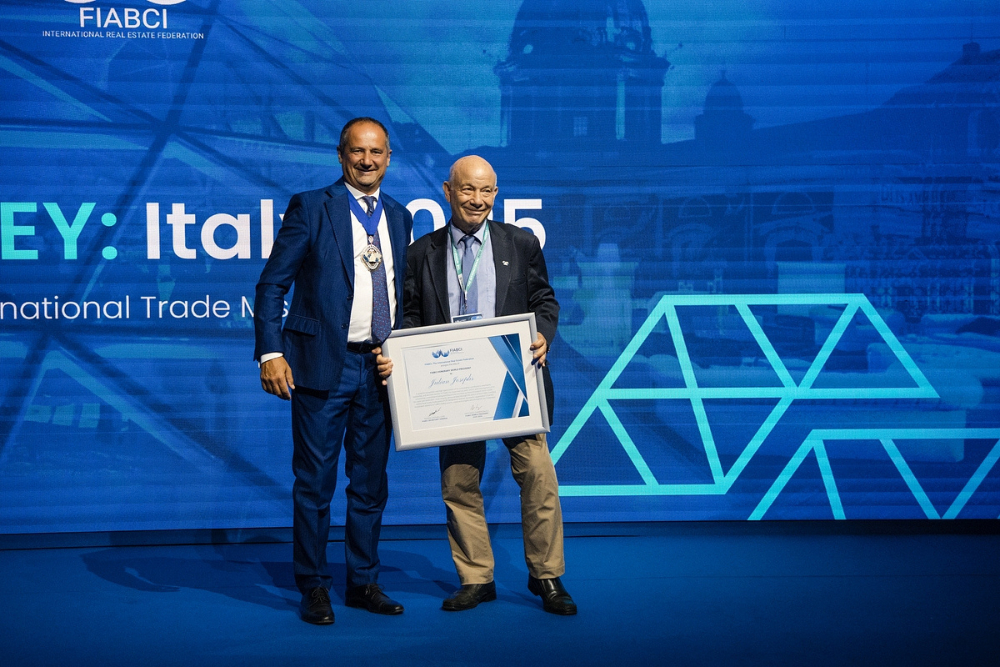
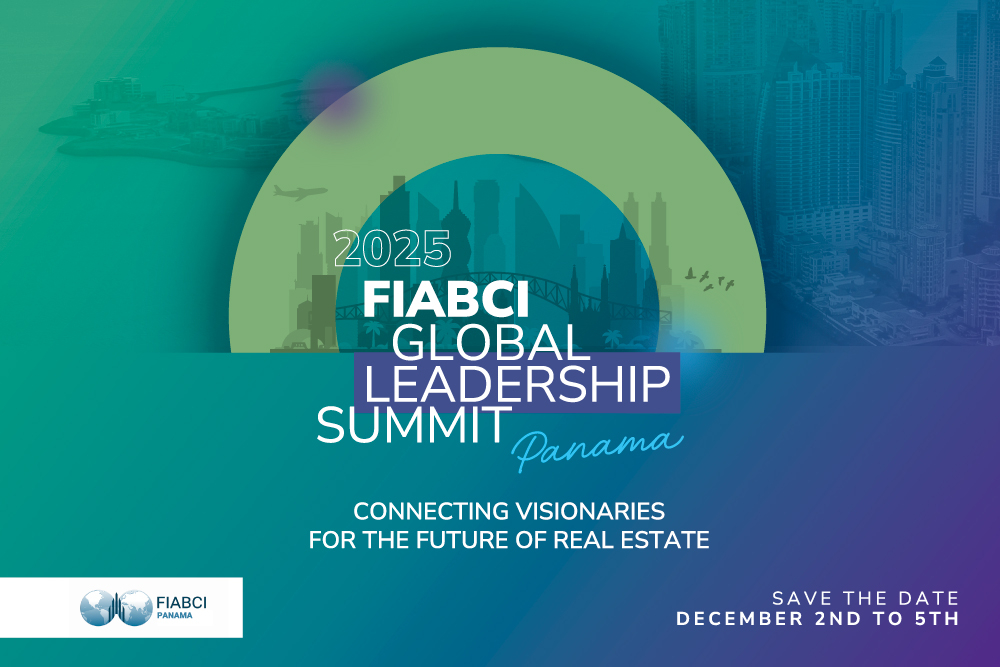


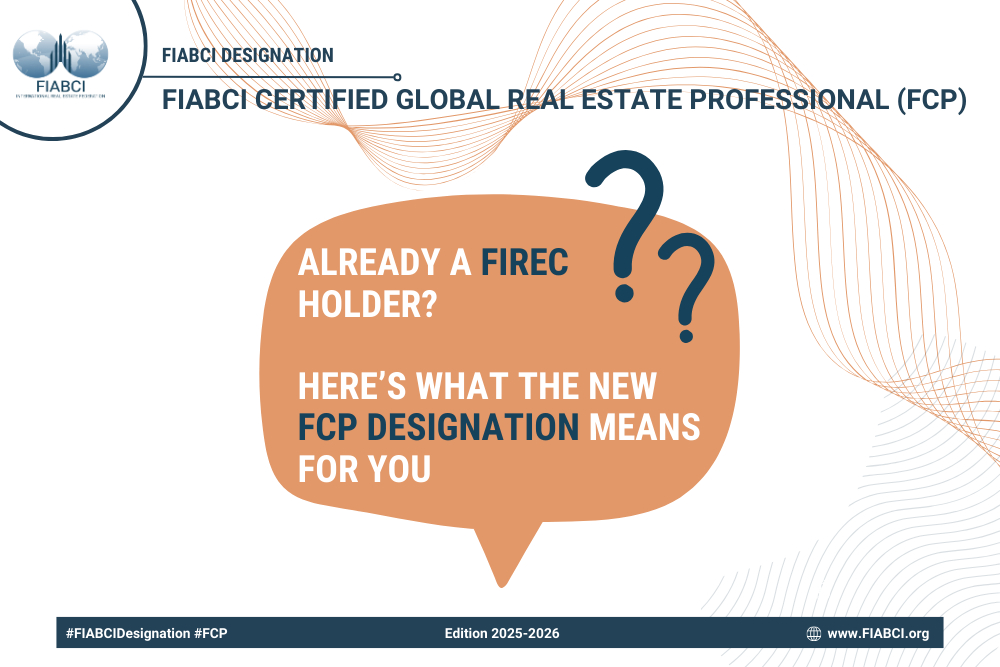
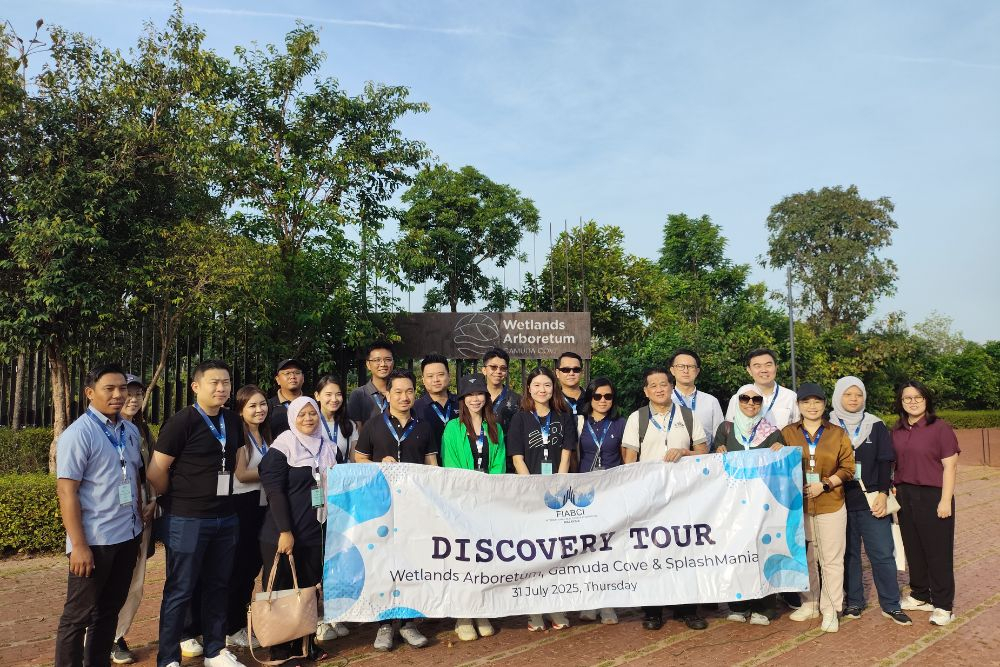
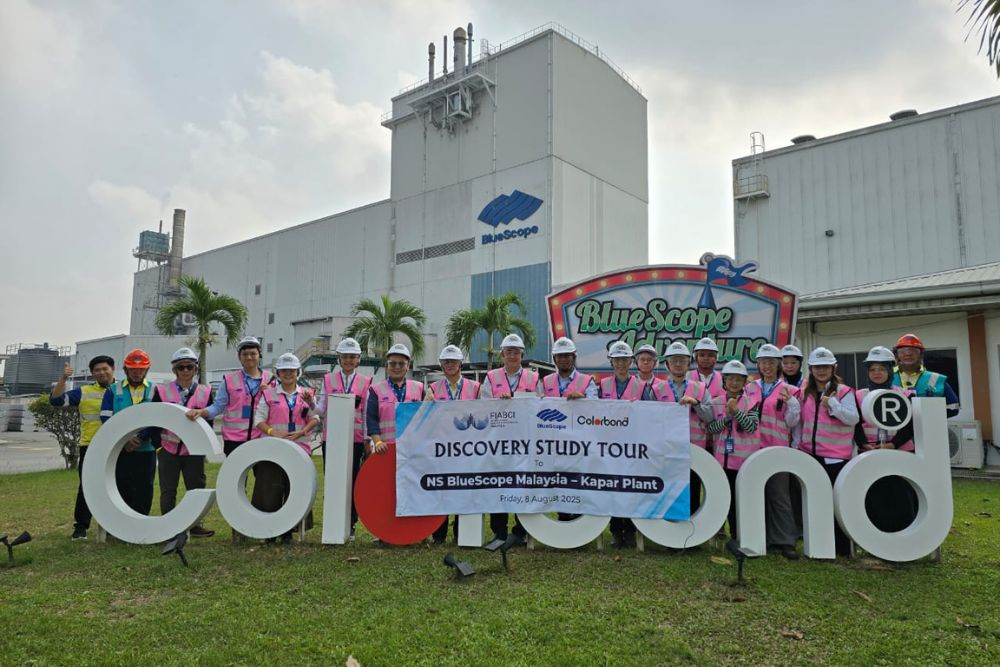




















































































































































































































































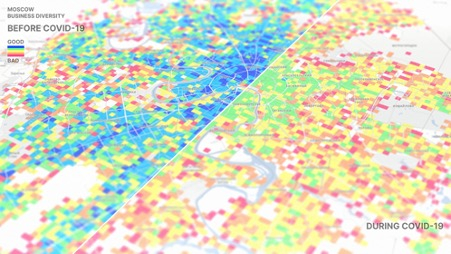





































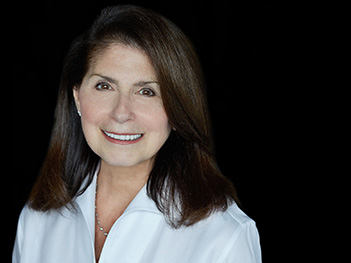



























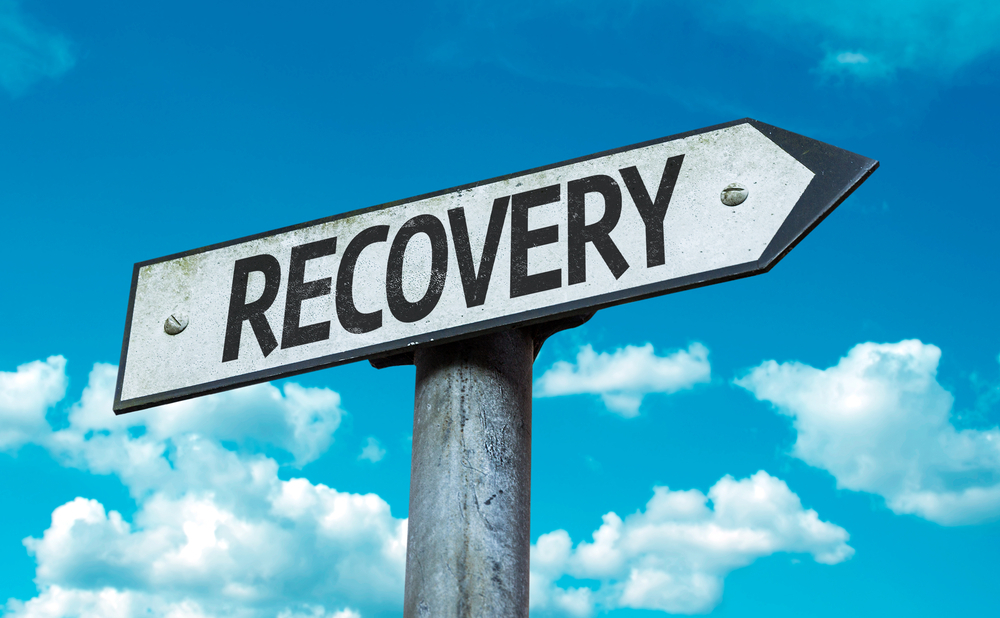










![[Webinar Summary] COVID-19: What lies ahead for the Real Estate Industry?](/uploads/news/9i1w05plq2ksbcswuyj5ze2nr.png)































































































